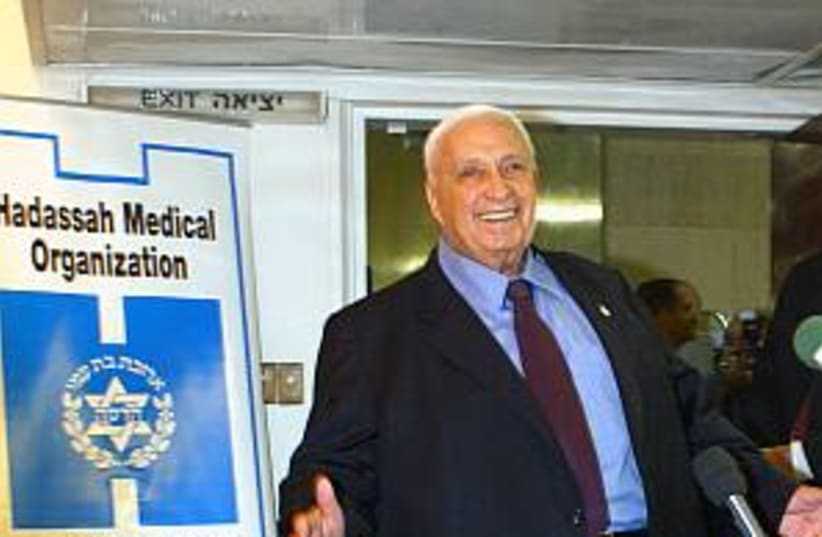| More about: | Silvio Berlusconi, Pope Benedict XVI, Vladimir Putin, Jacques Chirac |
Global outpouring for sick Sharon
Pope says he is praying for peace in the Holy Land; doesn't mention Sharon.


| More about: | Silvio Berlusconi, Pope Benedict XVI, Vladimir Putin, Jacques Chirac |